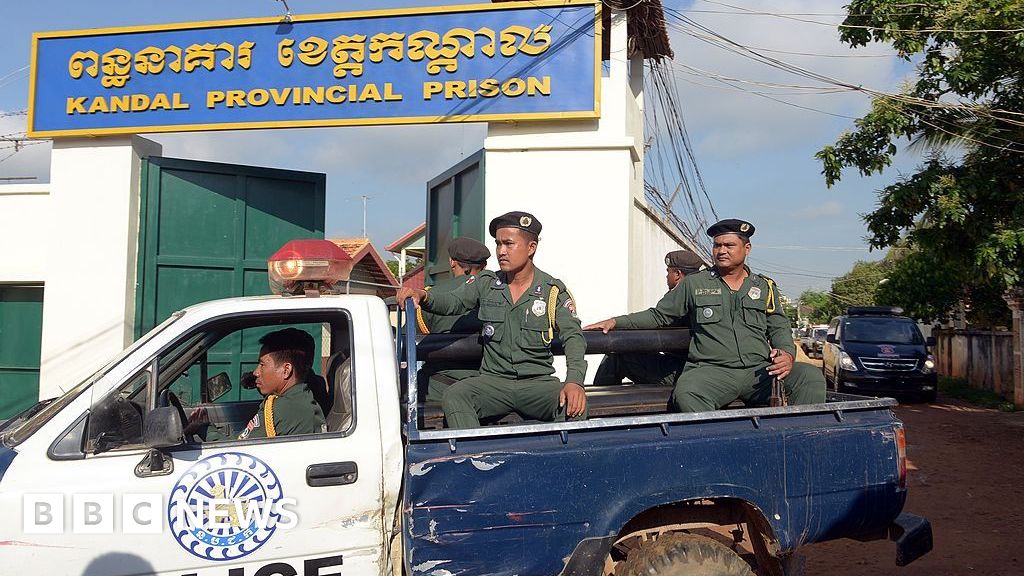Up on the roof of the St Therese Hospital, you can see just how close this war has come.
Right over the street is Dahieh, a southern suburb of Beirut which is controlled by Hezbollah.
About 200 metres away, smoke still rises from an airstrike last Saturday. A block of flats has been levelled. And it was not even the closest place to have been hit recently.


"These are huge bombs," says Elie Hachem, the hospital's director.
"So, even though the hospital isn't being targeted directly, it's taking a lot of damage."
One strike that hit on 3 October was just 80 metres away.
"We had to take babies in the incubators with bottles of oxygen and run down to the chapel.
"There is a warning, but it's 15, 20 minutes to evacuate the whole hospital, so I took a split-second decision and, thankfully, it was a good decision. Zero injuries."
Please use Chrome browser for a more accessible video player
Looking out over Dahieh, it's a ghost town, wreathed in dust.
It was home to hundreds of thousands of people. But everyone who can has got out.
However, the strikes are still deadly.
Please use Chrome browser for a more accessible video player
Ten minutes drive down the road, 18 people were killed a week ago in an attack near another hospital.
St Therese is running with a reduced staff but is still operating.

"How can you leave?" Hachem, 33, asks. "People need you, people need the hospitals.
"Business-wise, it's much better for me to close up shop and leave. But we can't do that. We have a duty to serve."
Inside, some of the rooms that are non-mission-critical still have damage. The auditorium is strewn with wires and roof panels, with broken glass on the floor.
Other rooms have been fixed up as quickly as possible.
In the kitchen, the nuns who have worked here for decades are still serving food for staff and patients.
Read more:
Naim Kassem - Hezbollah's new leader'
This is our land, we deserve it'
Charity demands UK evacuate critically ill children from Gaza
But it is not easy working here, as nurse Sandra Hassoun says.
"We're definitely afraid. No one is not afraid. But we rely on God, and we do our job because the life of the patient is more important than ours," she adds.
A month of war has taken its toll. And they are braced for more strikes. Sandbags protect the windows of the emergency room.
"Now we're still going," Hachem says. "We can keep it going for a while, but not for too long. Not forever."


 1 month ago
9
1 month ago
9












 English (US) ·
English (US) ·